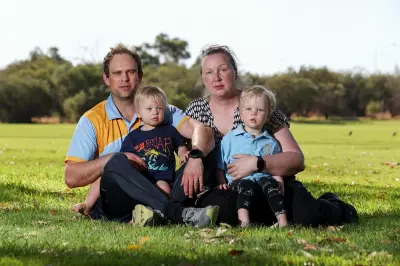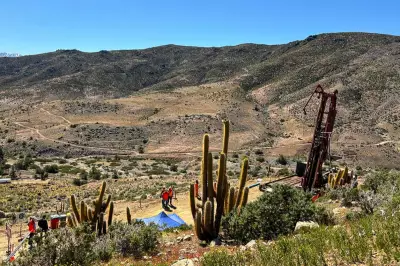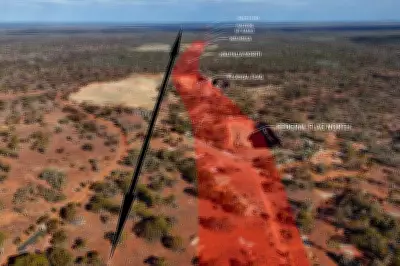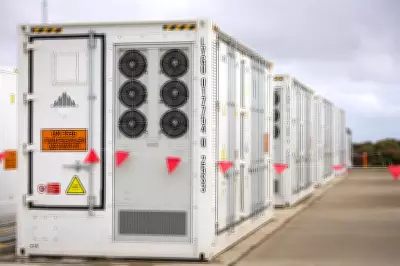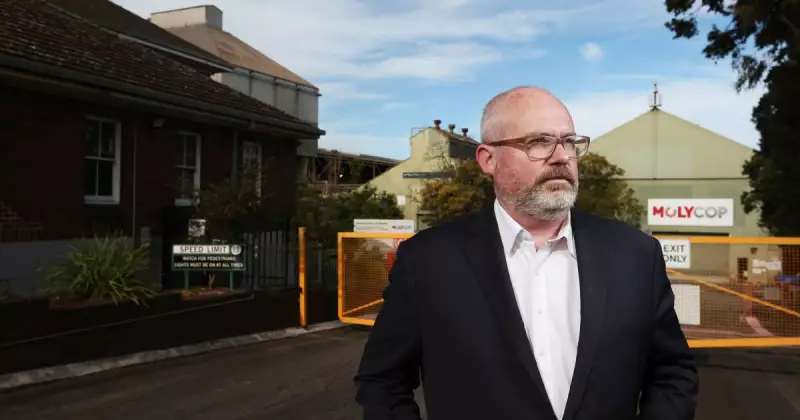
Industry Minister Tim Ayres is convening a critical meeting with Hunter Valley manufacturers today to address the growing threat posed by cheap Chinese imports to local jobs and industries.
Hunter Manufacturers Face Unfair Competition
The roundtable discussion at Molycop's Waratah plant will include major local employers such as MolyCop, Capral, Orica, Bekaert, Sandvik, Milltech Martin Bright and Business Hunter. This gathering comes as China increasingly targets countries including Australia with underpriced goods, a reaction to US tariffs on Chinese products.
Senator Ayres acknowledged the challenging environment facing Australian industry. "It's a tougher world that Australian industry is operating in with unfair subsidies overseas, forcing uncompetitive products into the Australian economy," he stated.
Local Jobs Under Direct Threat
The impact on local employment is already becoming apparent. Molycop's general manager for rail, Gregor Dalziel, revealed last month that cheap Chinese train wheels were threatening the viability of the company's Waratah plant and the jobs of its 150 employees.
Mr Dalziel, who has worked in China, provided insight into the root of the problem. "It allows manufacturers there to operate greater than 30 per cent cheaper than not just us, but most of the Western world - all while being under no pressure to maintain sustainable financial practices," he explained in a recent staff memo.
Government Takes Action with Anti-Dumping Reforms
The federal government is responding with significant reforms to Australia's anti-dumping regime designed to protect local manufacturers. Key measures include:
- Boosting protections against unfair trade practices while abolishing 500 unnecessary tariffs
- Consolidating all trade remedy measures under the Anti-Dumping Commission
- Safeguarding key sectors like steel and aluminium from sudden import surges
- Investing $5 million to strengthen the Commission's operations
Senator Ayres emphasized that while international trade benefits Australia, "it must also be fair." The reforms are expected to save businesses approximately $157 million annually through reduced red tape and tariff elimination.
A second roundtable will be held in Western Sydney before the end of the year, indicating the government's commitment to addressing this issue nationwide. The meeting represents a crucial step in protecting Australia's manufacturing sector and the blue-collar jobs that depend on it.


